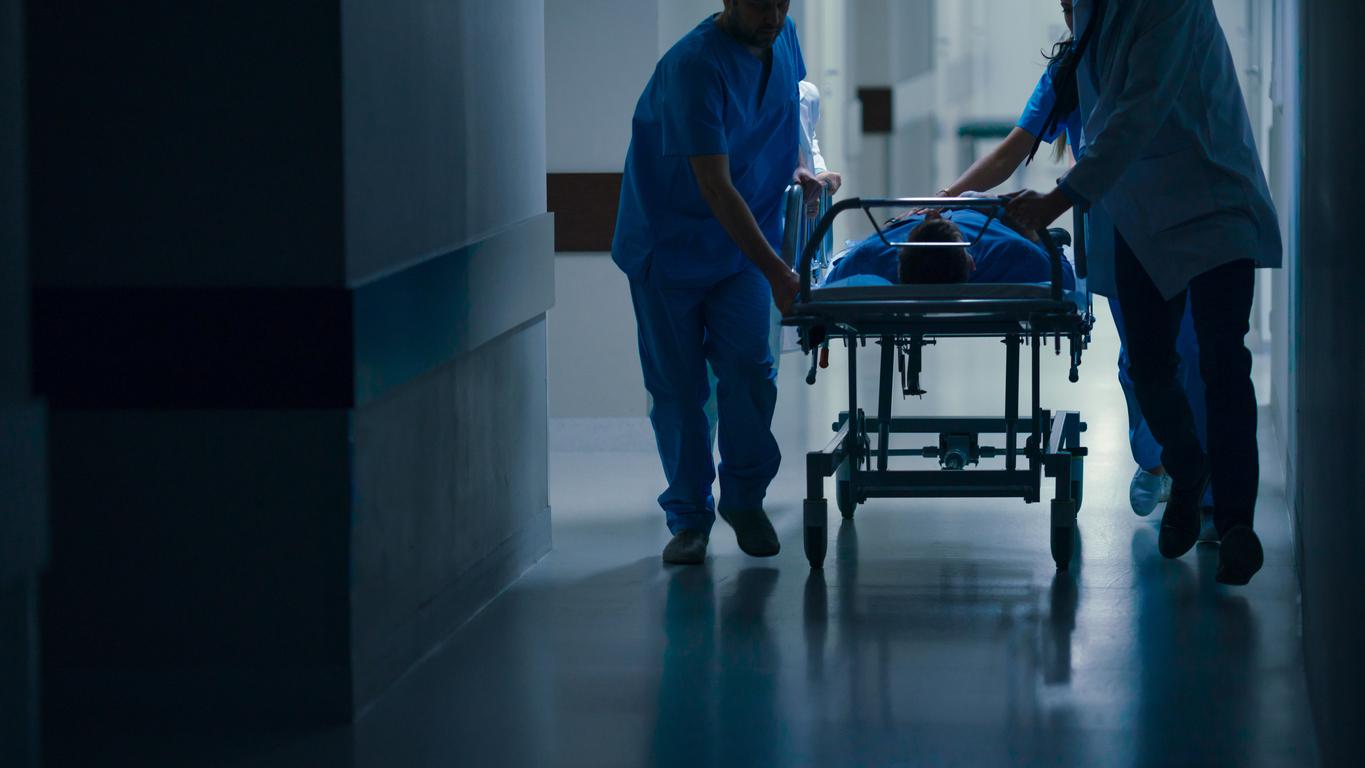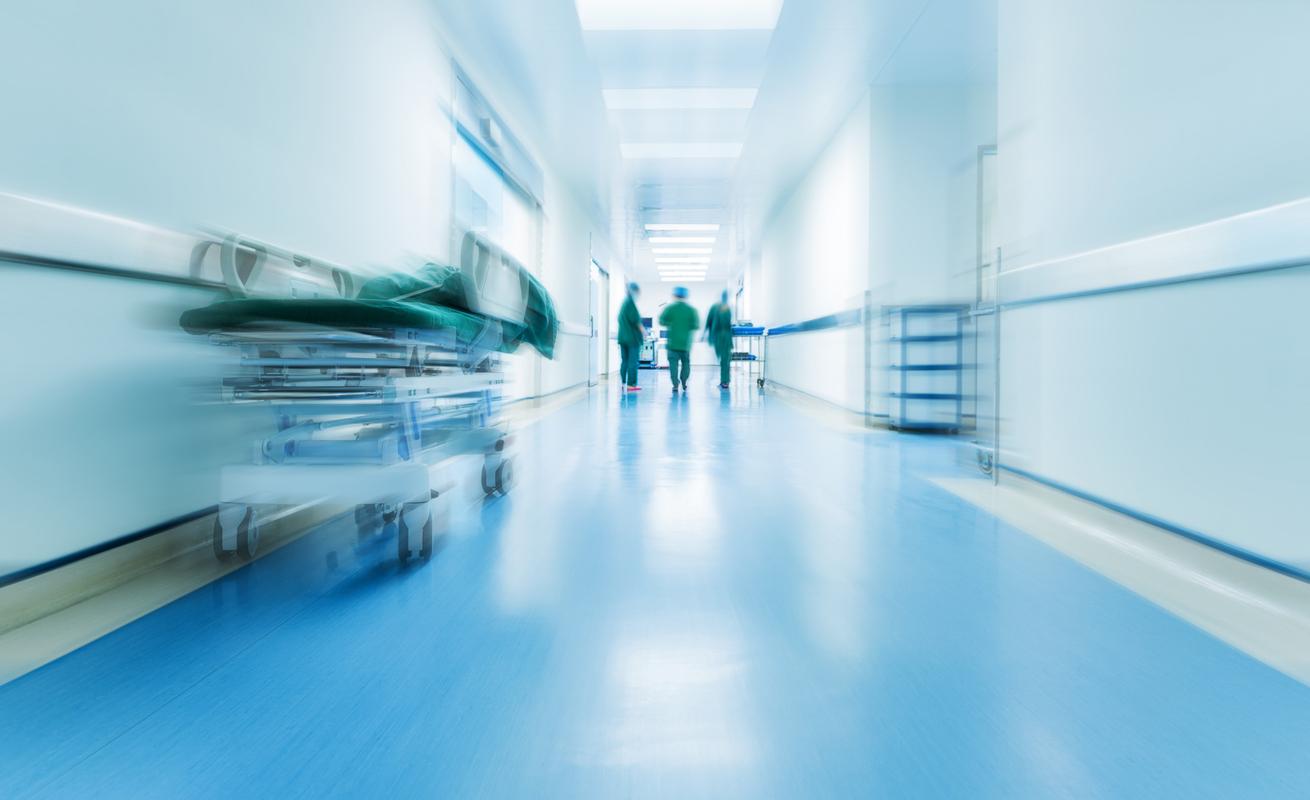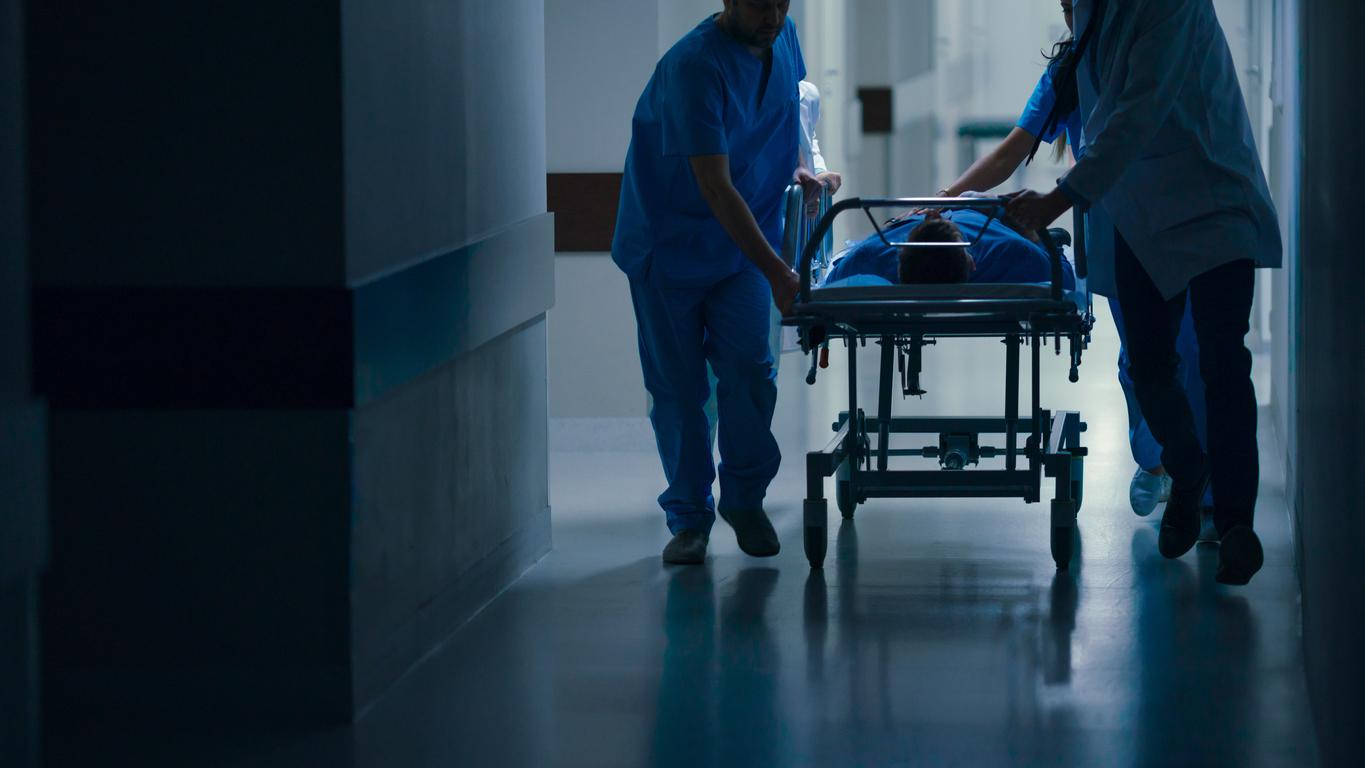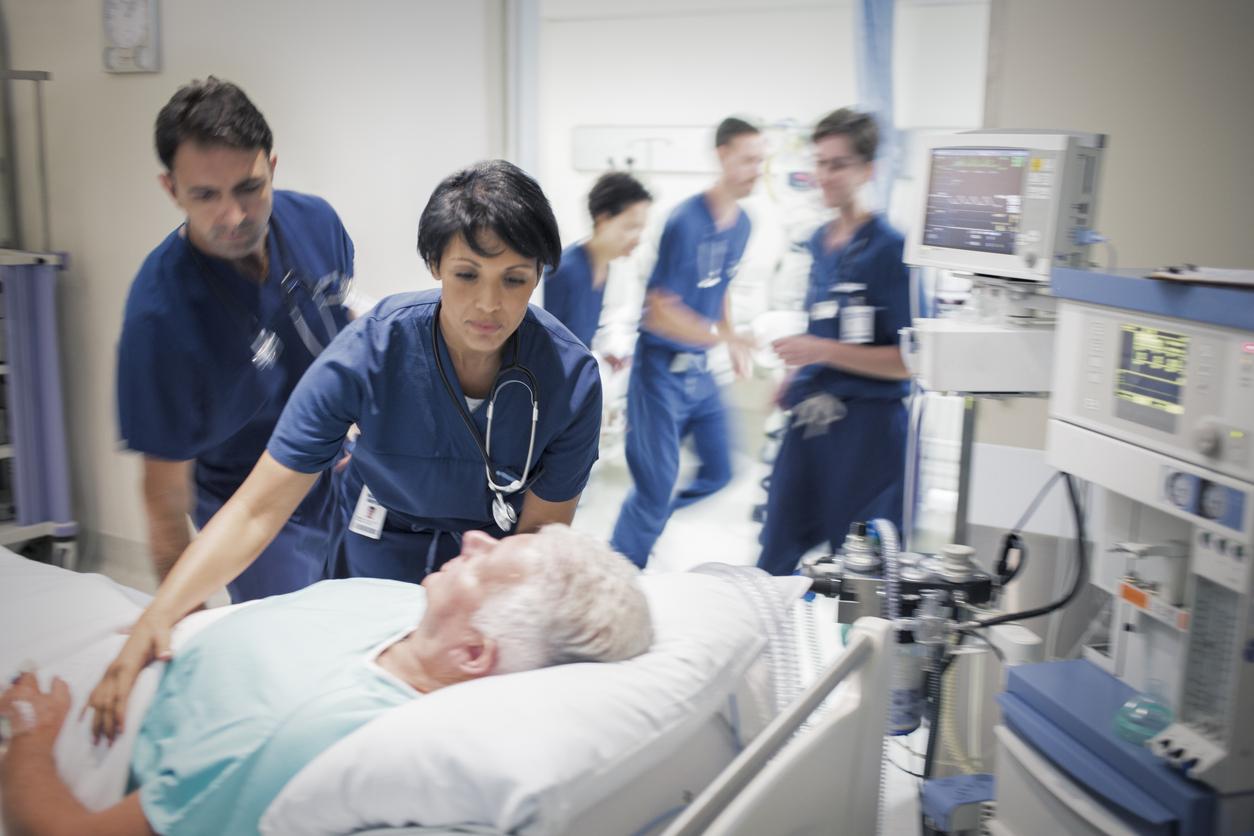For 7 years, the hospital community of Lyon has initiated drastic reforms to reduce its deficit. In a forum, the doctors express their fed-up.
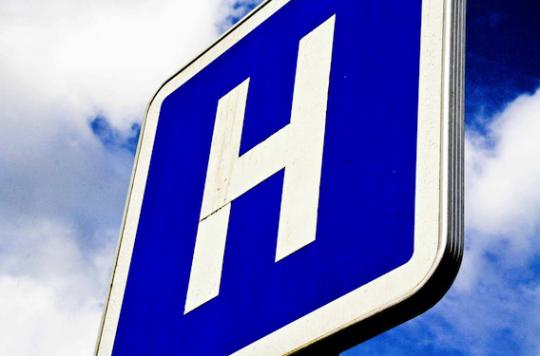
The anger of the doctors is rising Rhône-Alpes ! After the strike of general practitioners in Roanne at the end of May, it is the turn of hospital practitioners from the Hospices Civils de Lyon (HCL) to express their dissatisfaction. In a column published on the site Le Monde.fr, these employees of the 2nd French university hospital center alert the public authorities to the funding problems of this establishment.
The signatories (1) are indeed a criticism in good standing of the cultural revolution that this establishment has been going through for seven years now. “To restore a deteriorated financial situation, but also and above all to modernize the healthcare offer and maintain excellence in care, the hospital community has initiated far-reaching reforms and made unparalleled efforts in the public hospital world”, they write.
Decrease of 1,000 jobs
Among them, “a concentration of activity by closing several sites and consolidating services; a reduction of more than 1,000 positions; industrialization of logistics functions; optimization of purchases; a development of outpatient and innovative care … while assuming an increase in activity (+30,000 stays); essential investments (50% of services renovated) and maintaining a high level of excellence in terms of medical and research innovations. “
A “revolution” which is based, according to them, on a new policy dictated by three watchwords: efficiency, productivity, and optimization of resources which seem to pollute their daily lives. At first, with satisfactory results: “Thanks to this general mobilization, the HCLs have significantly improved their financial indicators, affecting the financial balance a few months ago. They have gained in productivity, without losing the quality of care provided to patients, ”he wrote in the column.
A new austerity plan
Game won, then? No, because according to the signatories, in 2015, the decrease in health insurance funding, combined with the mechanical increase in expenditure (mainly due to categorical measures and salary increases decided by the public authorities), will lead to “Inexorably towards a new deficit rebound; looking back 3 years; to a halt in investments when our level in this area is already severely constrained and out of all proportion to the needs for equipment, security and renovation of our hospitals ”.
The doctors’ alternative plan
In this austere context, these hospital workers fear that the HCL will require them to make twice as much effort. In order to avoid this scenario, everyone is asking for an alternative plan: with the support of the public authorities “to carry out large-scale restructuring operations, legitimate from a medical point of view as generating efficiency; a change in the funding model for a more equitable system that takes into account the specific features of CHUs and their recourse, research and teaching missions; and finally, a real strategic reflection, which specifies the place of the CHUs and their necessarily unavoidable role in the medical projects of the territories. “
As a reminder, on June 29, meeting in assembly, the representatives of the doctors had rejected the 2015 budget by 37 votes out of 41 (3 white, 1 absent).
(1) Signatories: Prof. O. Claris, president of the HCL medical establishment commission; Prof. FN. Gilly, president of the University of Lyon 1; Prof. C. Burillon, Dean of the Lyon-Sud Faculty of Medicine; Prof. J. Etienne, Dean of the Lyon-Est Faculty of Medicine; Prof. Véronique Trillet-Lenoir; Prof. Jérome Honnorat; Prof. Pierre Cochat; Prof. Claude Négrier; Prof. Philippe Douek; Prof. Charles Dumontet; Prof. Martine Laville; Prof. Pierre Krolak-Salmon; Prof. Vincent Piriou; Prof. Pierre-Jean Valette; Prof. Bruno Lina; Prof. Pierre-Yves Gueugniaud; Prof. Gilles Salles; Prof. Roland Chapurlat; Prof. Gilles Rode; Prof. Sandra Vukusic; Prof. Jean-François Mornex; Prof. Cyrille Colin; Prof. Fabien Zoulim; Prof. Emmanuel Morelon; Prof. Lionel Badet; Prof. Laurent Julliard; Prof. Gilles Aulagner; Prof. Gilbert Kirkorian; Prof. René-Charles Rudigoz.
.







